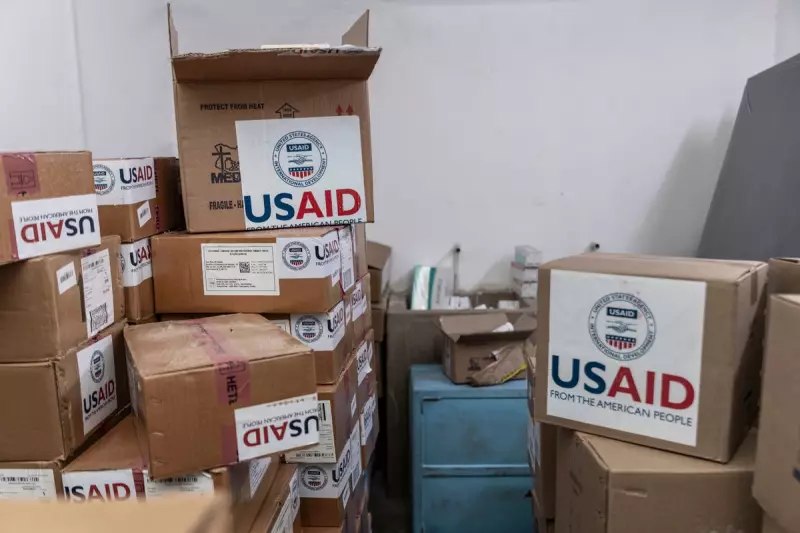
A scathing watchdog report has exposed how a Trump-era policy at the United States Agency for International Development (USAID) led to the wasteful spending of millions in taxpayer dollars on inefficient food aid programmes.
The policy, implemented in 2018, mandated that USAID purchase American-grown food for international aid, even when locally sourced options were significantly cheaper and more practical. This requirement reportedly increased costs by $30 million annually while potentially delaying life-saving assistance.
Key Findings from the Report
- The policy added an average of 14 weeks to delivery times for emergency food aid
- Shipping costs increased dramatically due to the requirement to use US-flagged vessels
- Local farmers in recipient countries were undercut by American agricultural imports
"This policy was a clear case of putting political ideology over practical humanitarian concerns," said one development expert familiar with the report. "Not only did it waste money, but it likely cost lives through delayed responses to food crises."
Impact on Global Food Security
The report comes as global food insecurity reaches alarming levels, with multiple regions facing severe shortages. Critics argue that such inefficient policies undermine America's ability to respond effectively to these growing humanitarian challenges.
USAID has since revised some of these policies under the Biden administration, but watchdog groups warn that similar protectionist measures could resurface in future administrations without legislative safeguards.





